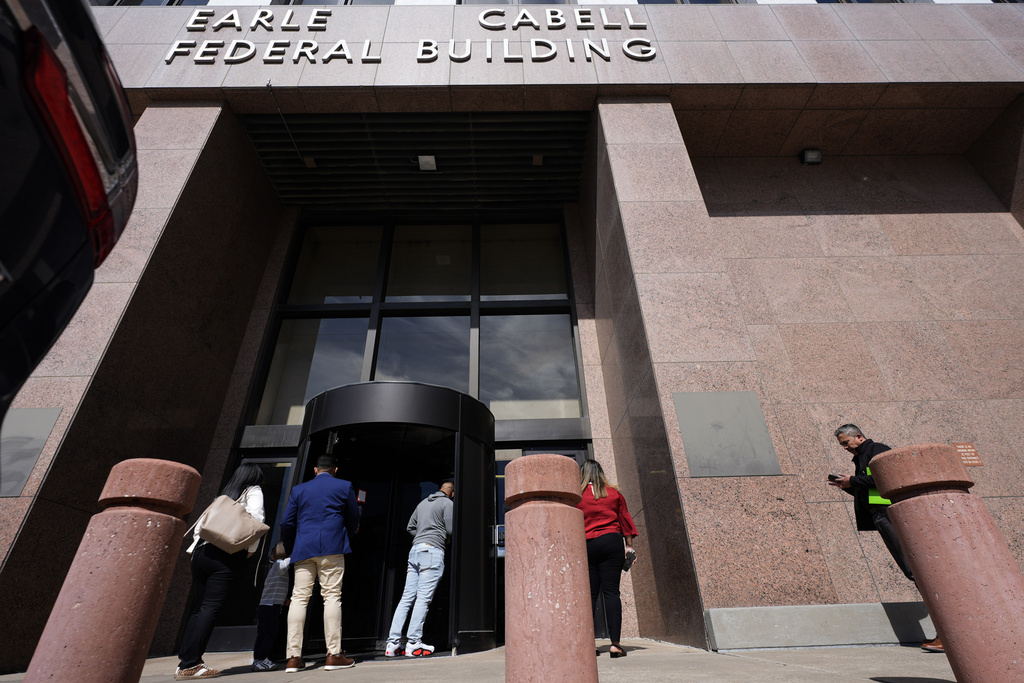U.S. District Judge Trevor N. McFadden’s decision was only for the moment, however. He told attorneys for the Trump administration and the AP that the issue required more exploration before ruling.
McFadden said the AP had not proven harm requiring an immediate restraining order. But he cautioned the White House that the law wasn’t on its side in barring AP over continuing to refer to the Gulf of Mexico, not simply the “Gulf of America” as Trump decreed in an executive order.
“It seems pretty clearly viewpoint discrimination,” McFadden told Brian Hudak, a government attorney.
With no ruling made, the White House is free to continue barring the AP from the Oval Office and beyond. The case promised to stretch at least until March 20, when an additional hearing was set.
AP spokesperson Lauren Easton had this to say after the hearing: “We look forward to our next hearing on March 20 where we will continue to stand for the right of the press and the public to speak freely without government retaliation. This is a fundamental American freedom.”
The White House, meanwhile, began displaying a pair of monitors in the briefing room reading “Gulf of America” and “Victory," which it declared: “As we have said from the beginning, asking the President of the United States questions in the Oval Office and aboard Air Force One is a privilege granted to journalists, not a legal right."
Hudak said that just because an AP reporter and photographer had long held a place in the White House press pool didn't mean the agency was entitled to it in perpetuity.
“That’s not just special access. That’s extra-special access,” Hudak said, noting that AP journalists continue to access the White House and publish news from events, even when its journalists are not present in the room where they happen. “The president can choose who to speak with.”
Charles Tobin, an attorney representing the AP, said it wasn’t a matter of whether Trump had to speak to the agency’s reporters, but that singling the agency out amounted to a “constitutional problem."
“We’re not arguing that the president of the United States has to answer The Associated Press’ questions,” Tobin said. “The issue is that once he lets the press pool in he can’t say, ‘I don’t like you. You’re fake news. Get out.’”
McFadden, a Trump nominee, subjected both sides to intense questioning.
Discussing the composition of the “press pool” that is chosen by the White House Correspondents’ Association, he questioned why the government was obligated to follow those choices, saying “it feels a little odd that the White House is somehow bound by the decisions this private organization is making.”
Later, though, in an exchange with Hudak, he said “The White House has accepted the correspondents’ association to be the referee here, and has just discriminated against one organization. That does seem problematic.”







